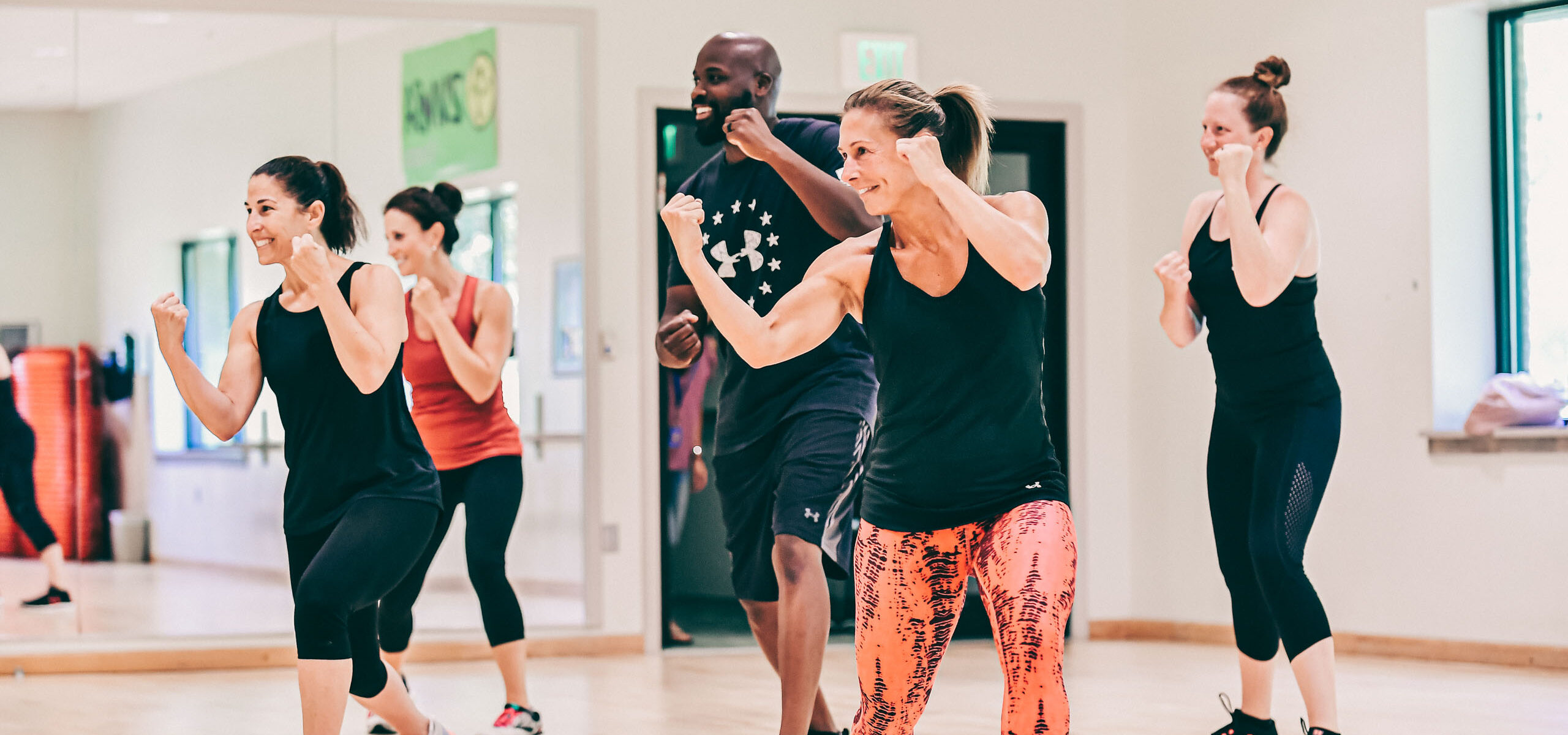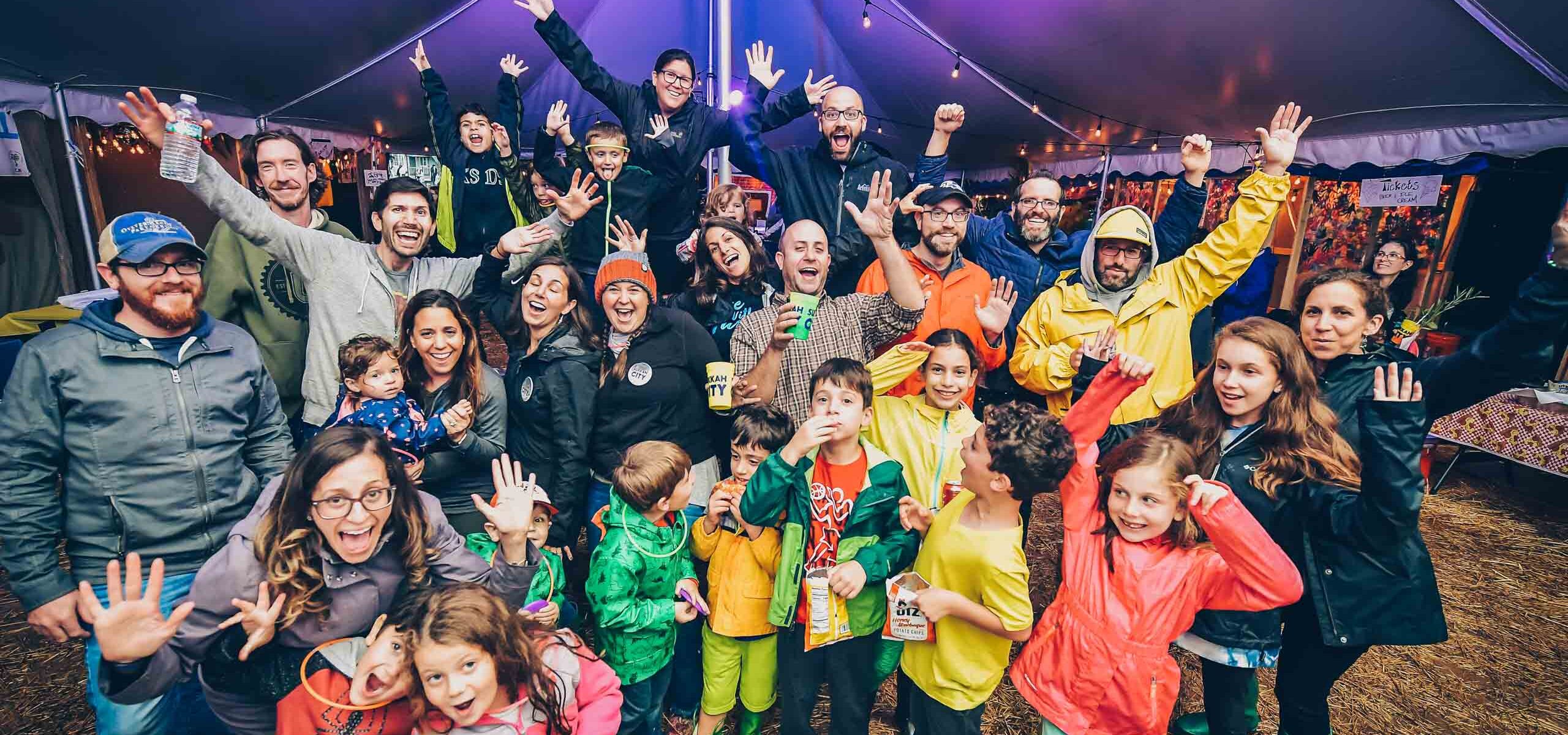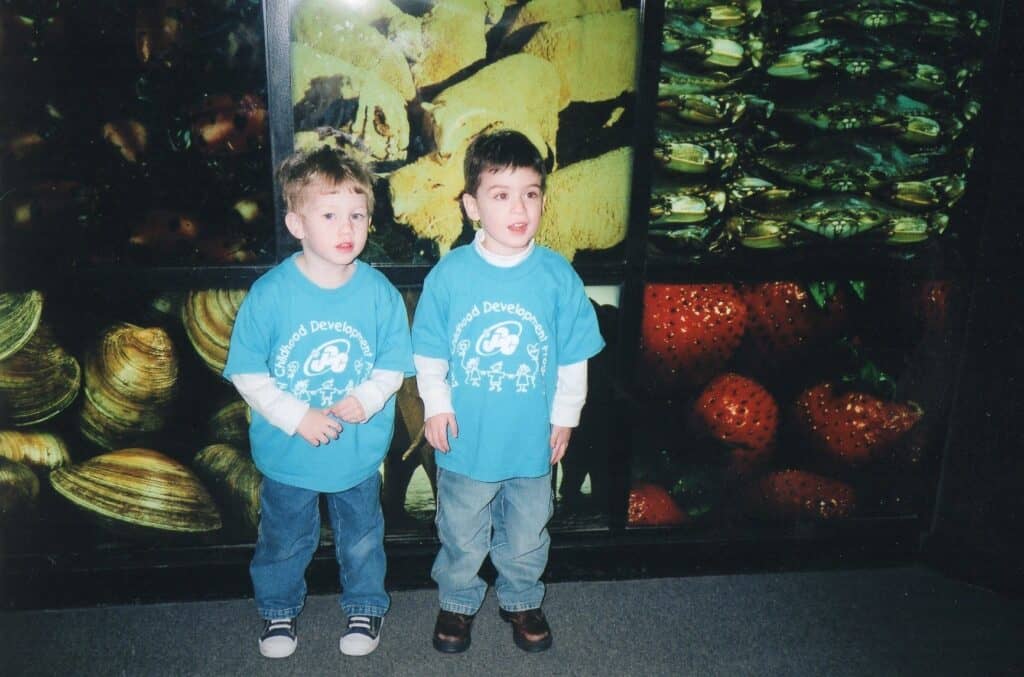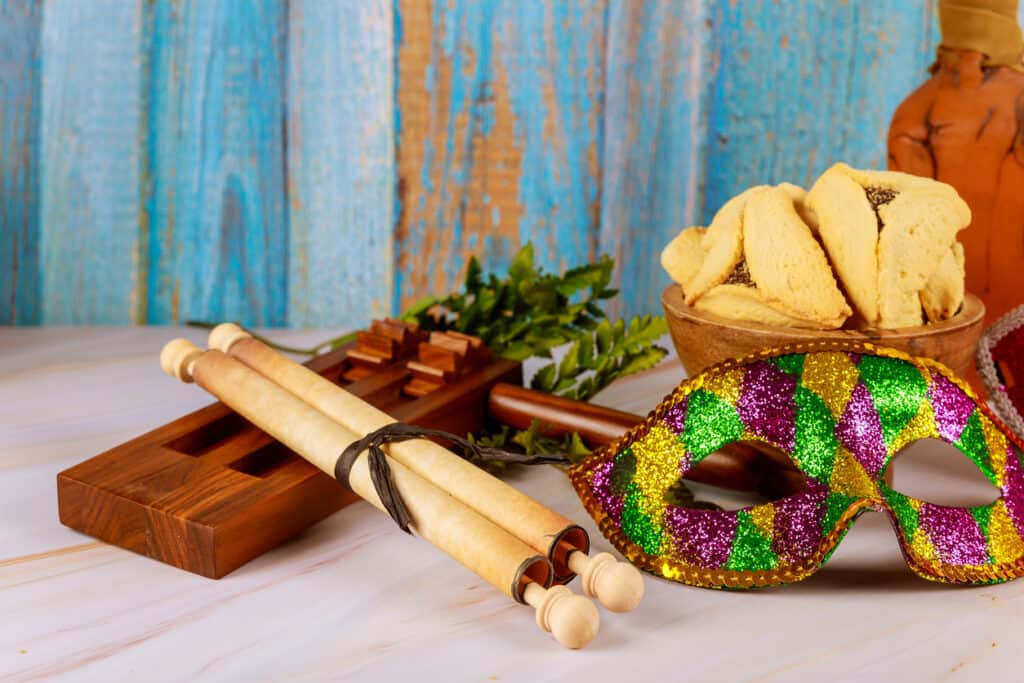Why ask why?
 By Rabbi Dena Shaffer
By Rabbi Dena Shaffer
Executive Director, 4Front Teen Engagement Initiative
Just a few weeks ago we read the awesome narrative of the Israelites’ encounter with God at Mount Sinai. While many people relate to this account of revelation as the pinnacle of the ancient Jewish experience, I am actually far more intrigued with the story that follows immediately afterward. For all the drama of Sinai, the only reaction from the people is that of fear. They cannot, it seems, internalize anything they have heard because its source is so incredibly terrifying. But in the following portion, when more laws and rules and values are transmitted through Moses, we finally get a reaction from the people. “And they said, kol asher diber HaShem, na’aseh v’nishmah, all that the Eternal has spoken we will do and we will hear” (Exodus 24:7).
Na’aseh v’Nishma, we will do and we will hear… This is one of the Torah’s most baffling expressions. Why would the Israelites say first we will do and then we will hear? Many scholars have argued that there is a hierarchy of values hidden here in this verse; that as Jewish people it is first incumbent upon us to do, to follow, to observe Jewish law, and only then perhaps, to hear, to interpret it. But Jewish history and tradition do not seem to embrace this understanding of the verse. So much of the Jewish textual enterprise of the last 2,000 years has been an expression of exactly the opposite; interpret, understand, debate, and question first in order to decipher what exactly it is we are meant to do. So perhaps we could argue that “na’aseh v’nishmah we will do and we will hear,” are not sequential, but rather a single utterance, a single expression encapsulating the Jewish mission to simultaneously understand and perform.
Nowhere in our entire tradition are these principles reflected more than in the Passover Seder which, believe it or not, is just around the corner. Think about it…the Seder itself is really about two things: finding personal understanding in the story of the Exodus, and asking questions. There is a reason we Jews have been stereotyped as a people that loves asking questions, (sometimes even answering a question with a question) and at Passover we encounter this theme of inquiry a lot. There’s the Haggadah’s Four Questions, (which, according to the Mishnah, is not actually a fixed text but rather just suggestions for questions that may be asked. In truth, a child is encouraged to ask whatever he or she wants), the question-and-answer style narrative of the Four Sons, the Talmud’s instruction that even if one is having a seder alone, one must still ask oneself, “What makes this night different?” – all of these elaborate on the basic theme of Judaism’s love of questions. In his Haggadah, Rabbi Mishael Zion puts this sentiment beautifully: “Autocrats hate questions. We train children at the Passover seder to ask why, because tyrants are undone and liberty is won with a good question. It is for this reason that God loves it when we ask why.” Na’aseh v’nishma, we will do and we will hear.
So as we gather around our Seder tables this year, may we be inspired to not simply do but also to hear. May we embrace the attitude of inquisitive curiosity that Jewish tradition encourages, and may we remember that it’s okay to not always have the answers, as long as we’re asking the questions!







